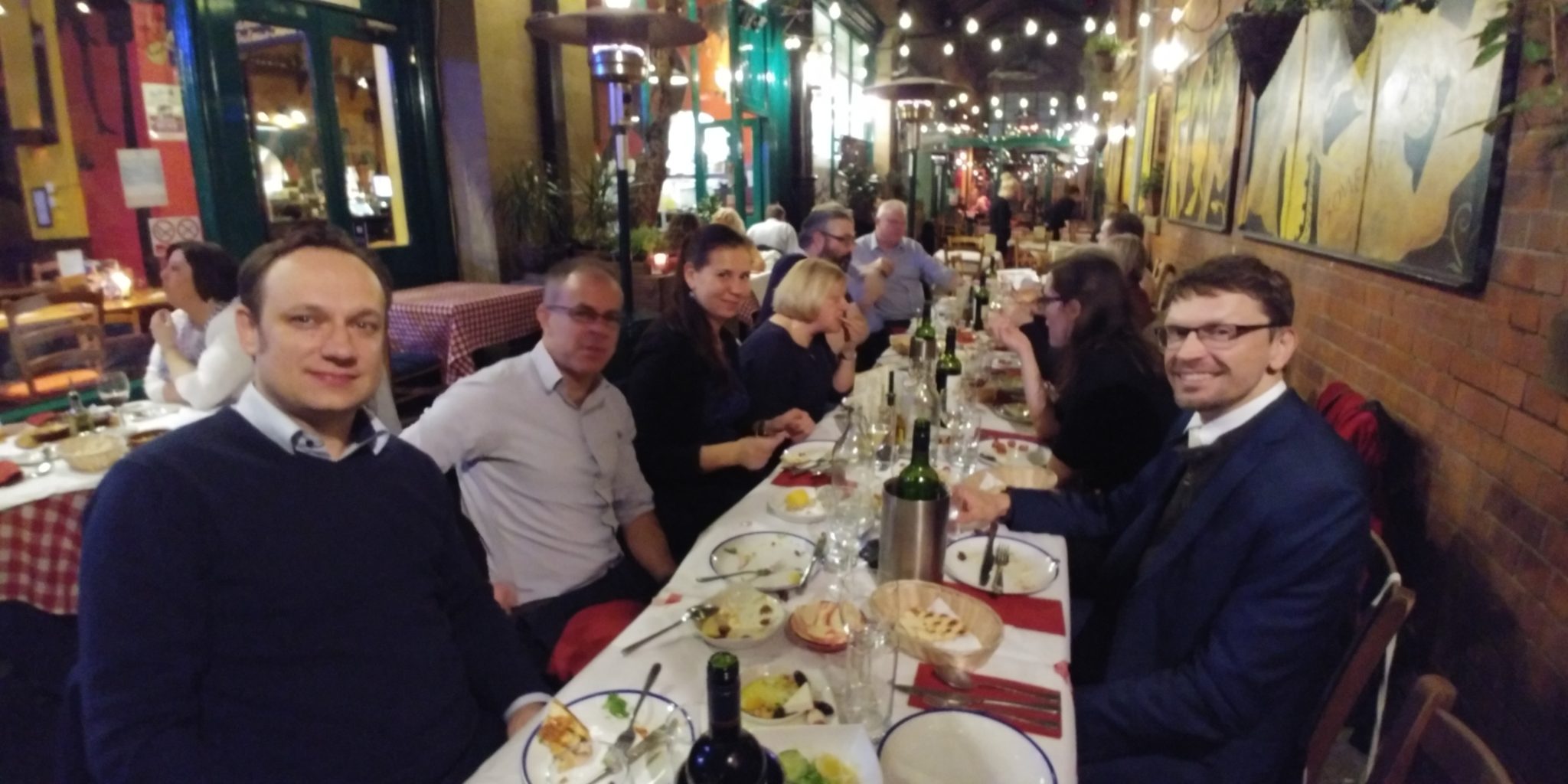By Dane Anderton (Manchester Metropolitan University, UK)
The overall aim of this event was to bring people together and detailing the limits and variety of leadership of place. The workshop took place between 23rd and 24th of October 2018.
This was two-day event scheduled into thematic areas within place leadership. Day one was split into a panel discussion and papers around the topic of voluntary sectors role in place leadership. Firstly, a panel discussion took place to open the theme of voluntary sector place leadership in regional and urban development. This took perspectives from academic, policy and practitioner viewpoints. The floor was then open to questions and discussion. Secondly, the theme of voluntary/non-profit partnerships in place leadership continued with research paper presentations until the close of the day. Examples came from transition states in Europe and rural regions in UK, Europe and Asia.
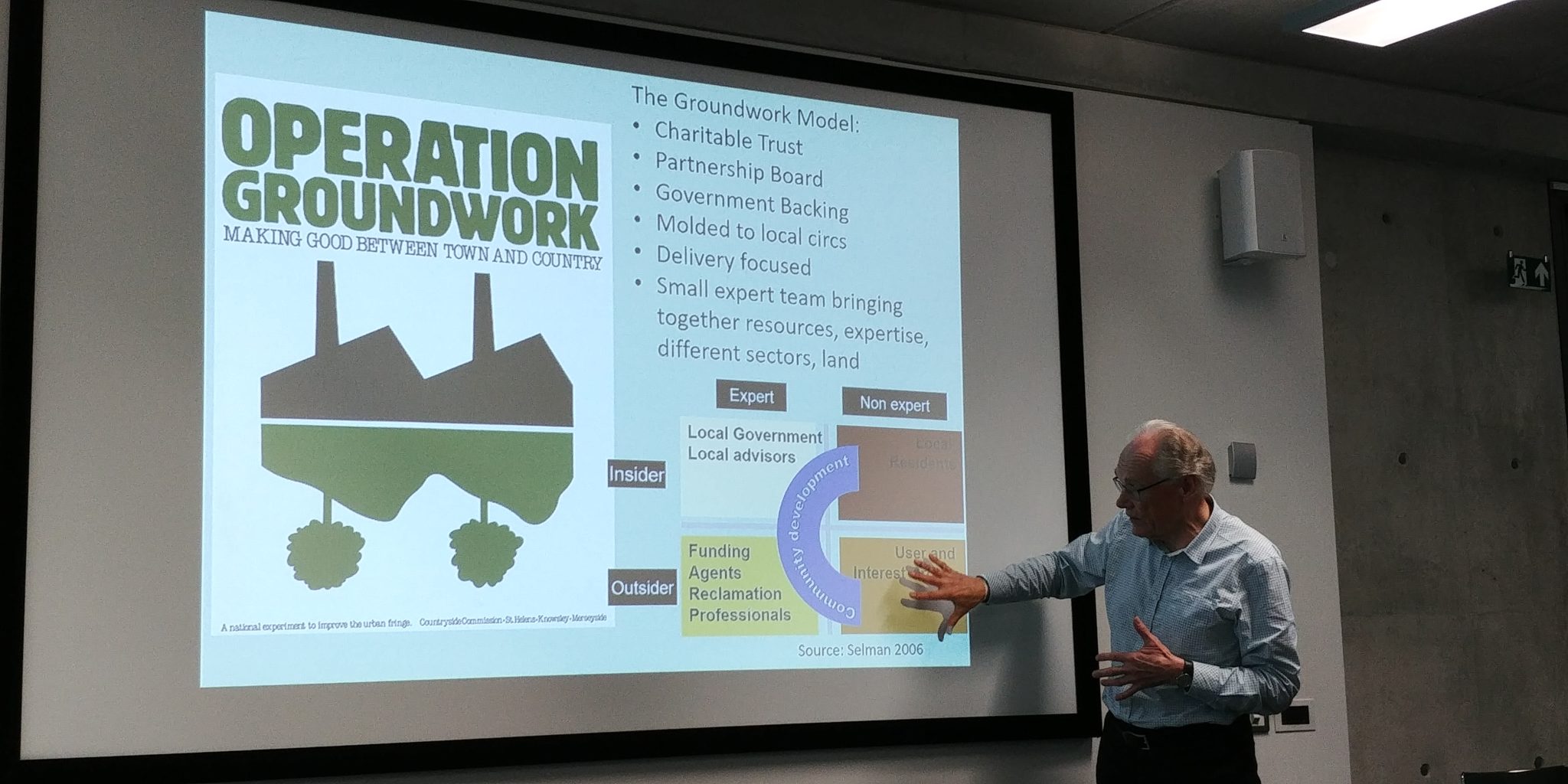
The second day was split into three sub themes in place leadership. The first focuses on place leadership and the environment. Examples focused on UK and Europe, marinating a link to the session theme of partnerships. Secondly, the role of high education institutions in place leadership, with examples from peripheral regions in Europe and developing contexts (global south). Thirdly, space was dedicated for further papers that linked to place leadership and brought about contemporary issues into the discussion.
Both days had a mix of established researchers, early career researchers and PhD students presenting.
The following topics were discussed:
- Voluntary Sector Engagement: Academia, Policy and Practice – Panel and Discussion
- Role of formal and informal nonprofit leadership in rural development
- The Nature and Role of Civic-community Leaders within and for City Leadership. An Anglo-Italian Comparison
- Engaging citizens in Nottingham, Stuttgart and Shanghai – a comparative perspective on the role of citizens’ surveys in urban governance
- Developing and maintaining trust in rural place leadership: The case of partnerships for better place attachment in two post-Soviet countries, Latvia and Estonia
- Holistic space leadership beyond sectoral and professional borders – The case of Aviation Valley in the Polish Podkarpackie Region
- Establishing Leadership in a ‘Busy’ Governance Structure
- Partnerships in Environmental Regeneration in North West England 1980 – 2010: a Practitioner Perspective
- Leadership of governments and citizens initiatives, enabling energy transition in the Netherlands
- The effectiveness of place leadership in new town development in China
- Regional higher education institutions in place leadership: Nordic and Baltic regional innovation systems in comparison
- Universities as Place Leaders in Emerging Countries: A Case of Sustainable Urban Development in India
- City and Regional Development Leadership beyond BREXIT: A Relational Perspective
- The Compass of Collaboration: a model to guide the leadership of sub-national spaces
- Entrepreneurs: place attachment and participation in local leadership
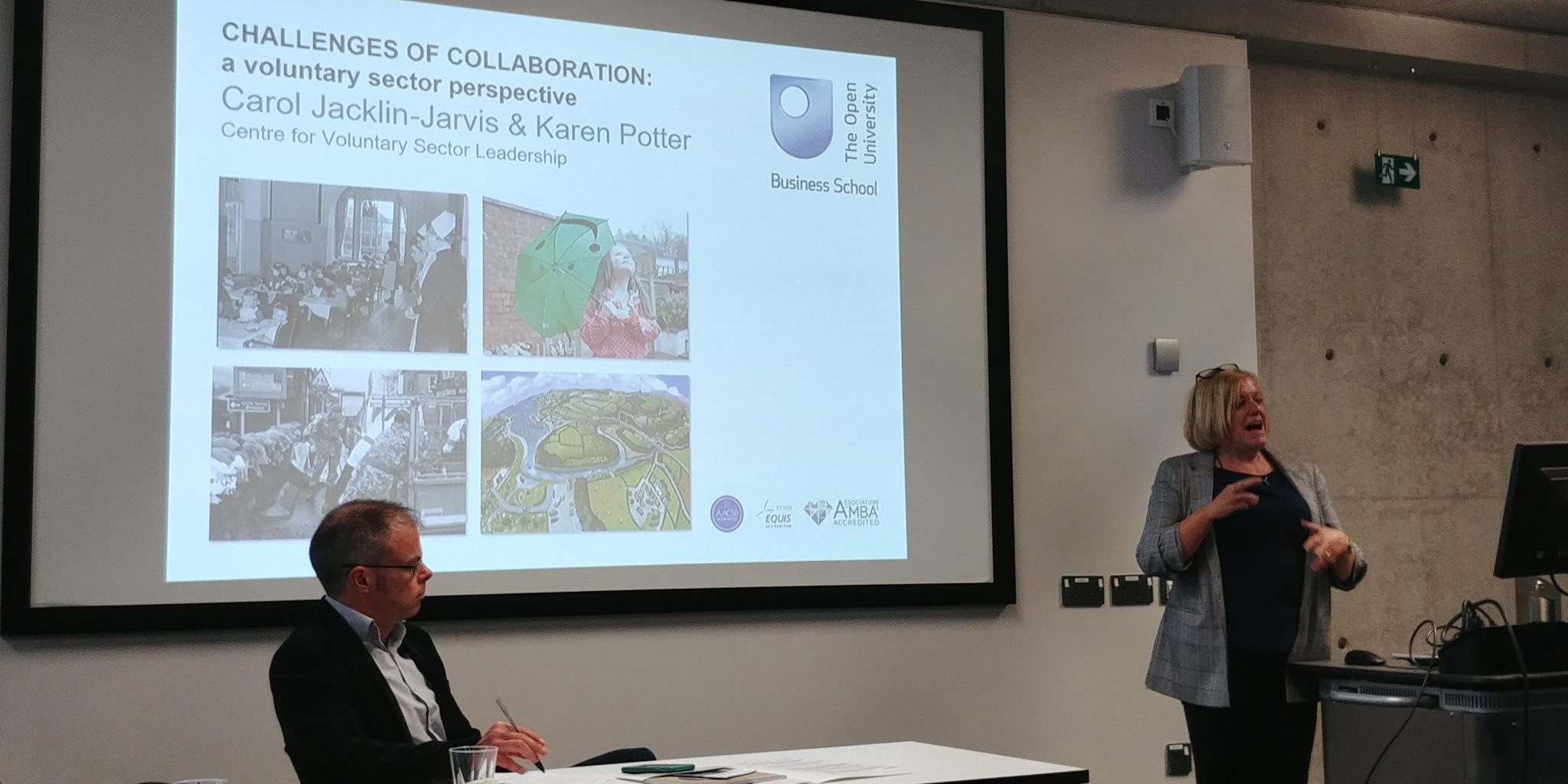
A Scientific committee consisting of Dane Anderton , Oto Potluka, Joyce Liddle , Martin Quinn chose the papers on the basis of the following methodology:
- Balanced Qualitative and Quants based papers
- Geographical spread, in order to attract people from a range of different countries
- Balance between PhD students, early career researchers/longer established academics
- Key note speakers reflected the topic of the event and they were a mixture of experienced academics, policy and practice speakers
- People who were already RSA Research Network members, but also wanted to attract those who had never attended this network
- We made sure presentations were not dominated by people from the North West of England
Overall, the event has been successful and attracted new members to the network. The concept of place leadership has been examined further with new contributions made to its theoretical underpinnings and empirical application across different contexts. In this network event, novel ideas looking at place leadership and sustainability (economic, social and environmental) have been put forward to emphasise the need to look beyond the economic into a more holistic sustainability framework combining economic, social and environmental impacts. Furthermore, questions have been raised around the sustainability of place leaders in dynamic changing contexts. Alongside this, we see the landscape of place leadership moving.
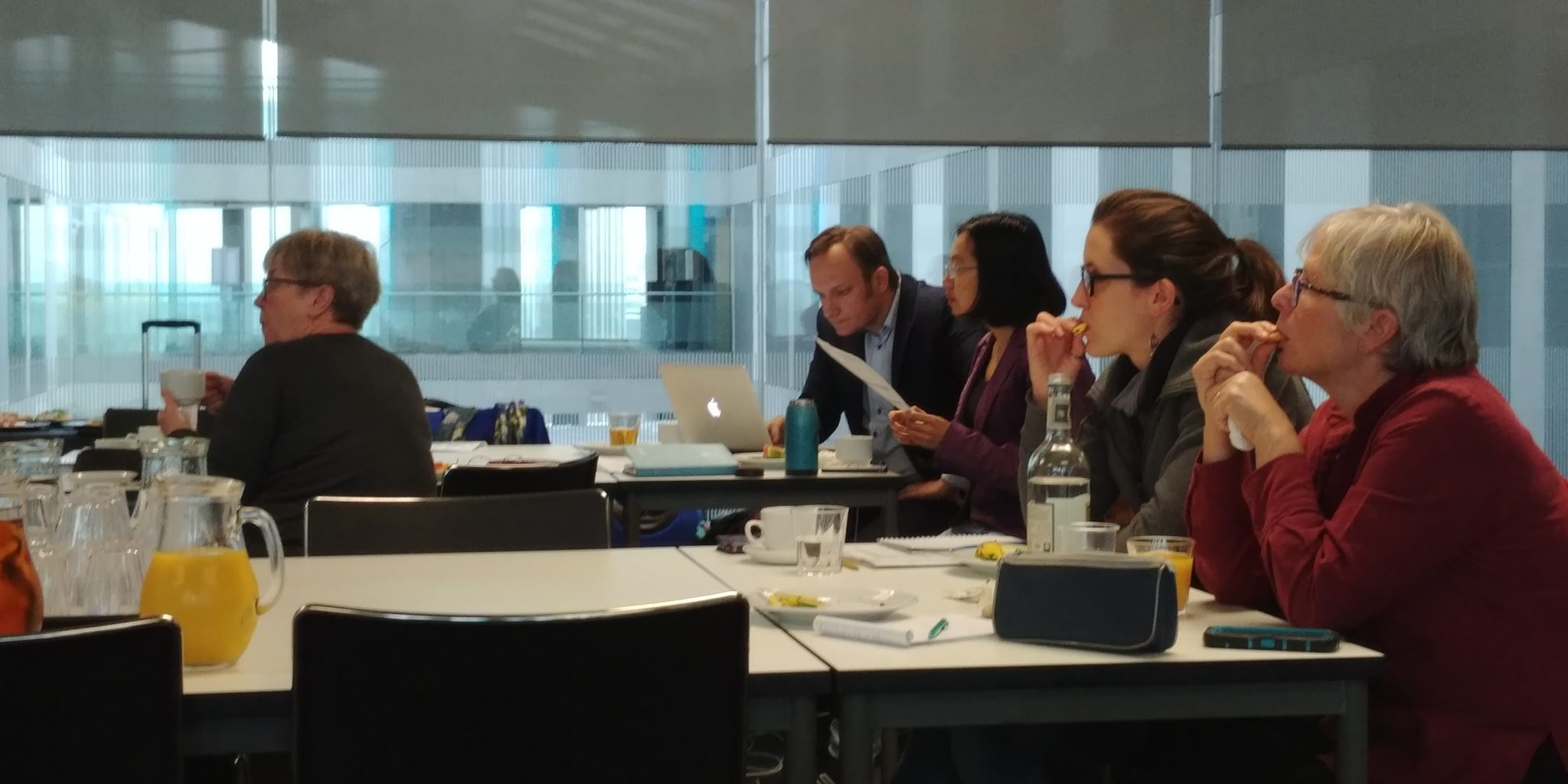
Classical leadership literature depicts a leaders as being a ‘one man’ saviour, which has been widely critiqued across many disciplines. Place leadership enquiry has emphasised collective leadership of place with multiple actors at multiple scales. Through this network event and new empirical insights, we are questioning what is the agency of leadership; collective or individual or hybrid? Context, path dependence and contingency are recognised as playing a large role in determining who are or is the recognised and hidden place leader(s) and their relative governance over place.
Overall, the concept of place leadership has grown in its value and application, with year on year growth in the network and attraction of new presenters to each event. New presenters have brought new theoretical lenses, methodological insights and empirical results. Research on place leadership is at a critical juncture, having reached a wide audience, and new recognition about its importance is thanks to the work of several scholars and this network’s motivation to publish our outputs (e.g. Beer & Clower, 2014; Collinge et al. 2010; Liddle, 2010; Sotarauta, 2015; Sotarauta et al. 2017).
This was the last event for the network under the current funding arrangements. At the end of the event the network, we had a discussion which focused on securing funding streams and alternative modes of organising in the future, because as an RSA network we do not have any funds left.
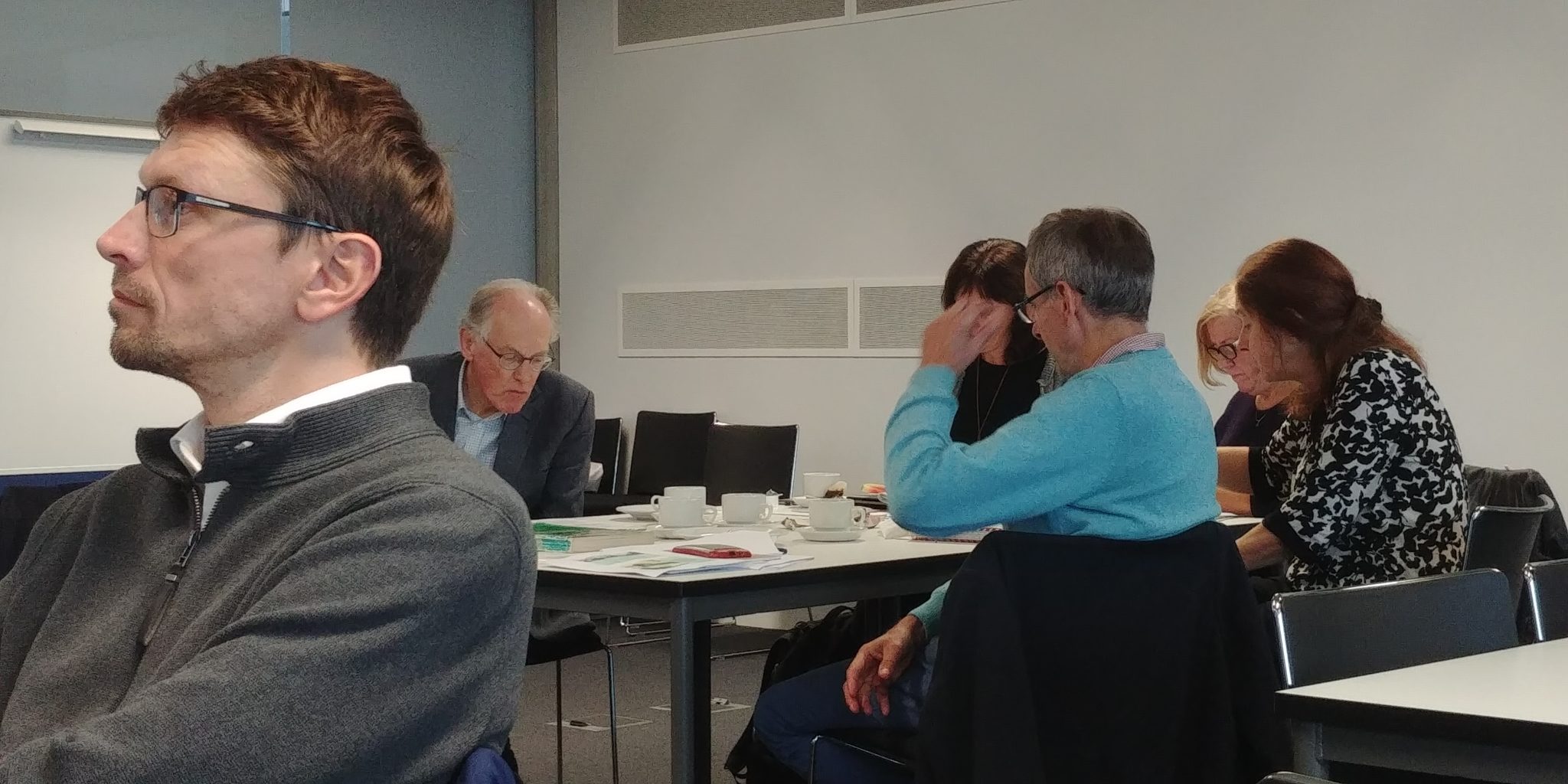
In regards to outputs, members of the network have secured a special issue in Voluntary Sector Review with several papers from this event being turned into submissions and publications. The panel discussion at the start of this event has also helped to frame the editorial and practitioner voice in this special issue. We hope to have this published late 2019 – early 2020. Members also discussed potential funding opportunities for bespoke projects linked to the network and theme.
